Thematic Areas
Labor Rights
Advocate for fair wages, safe working conditions, and the right to education
and training for laborers in all sectors.
Develop programs that offer both formal and informal education
opportunities for agricultural and brick kiln workers, including literacy
programs, vocational training, and awareness of labor laws.
Collaborate with educational institutions, government agencies, and
businesses to implement and monitor labor laws, ensuring they are integrated
with educational initiatives.
Establish educational centres that provide skills training, capacity building,
and literacy classes for workers, preparing them for diverse employment
opportunities.
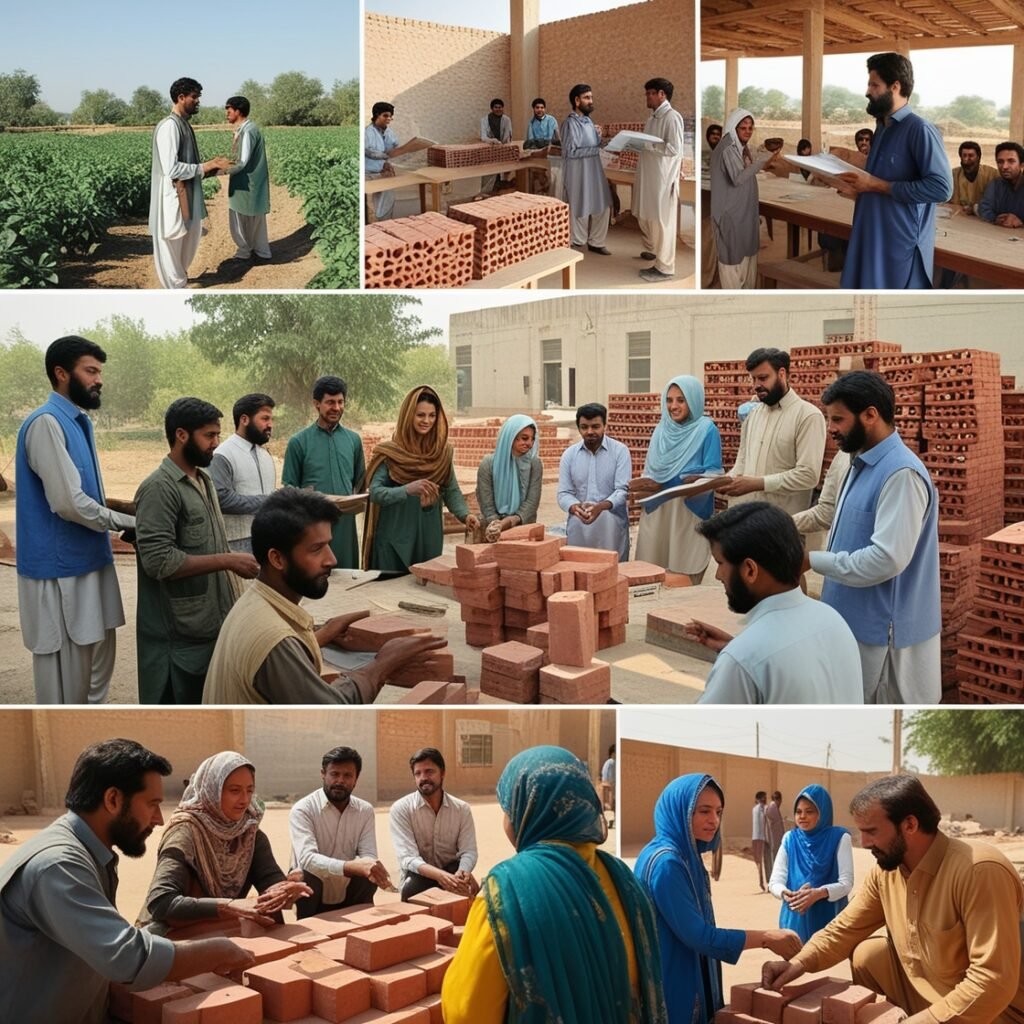
Child Rights
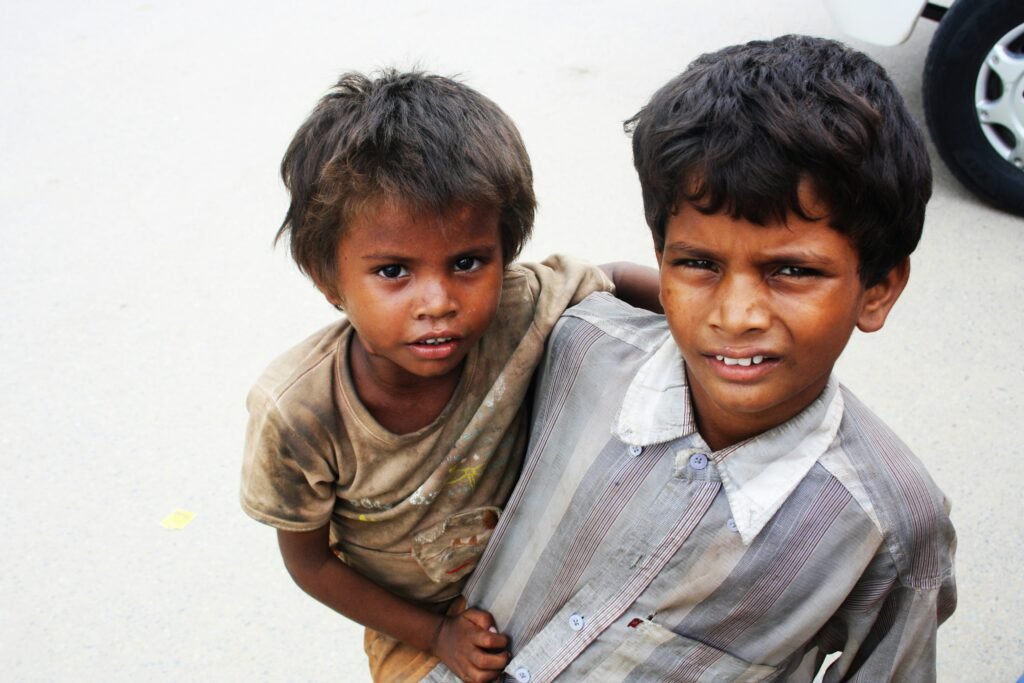
Advocate for the protection and fulfilment of children’s rights, ensuring
every child has access to education, healthcare, and a safe
an environment free from exploitation, including child labor.
Develop programs and partnerships that support vulnerable children,
especially those affected by child labor in informal sectors like brick
kilns and agriculture, guaranteeing their right to education and
development.
Raise awareness about child labor issues and implement strategies for rehabilitating and reintegrating children into society through access to formal and vocational education.
Social Justice
Promote fairness, equality, and inclusion by addressing social
inequalities and advocating for policies that protect marginalised
communities, including laborers, women, and minorities.
Support initiatives that create opportunities for decent work, fair wages, and safe working environments for all workers, ensuring compliance with labor rights standards.
Facilitate community-based programs that engage individuals in
discussions on rights, responsibilities, and pathways to achieving social
justice, focusing on equitable labor rights for workers in all sectors.
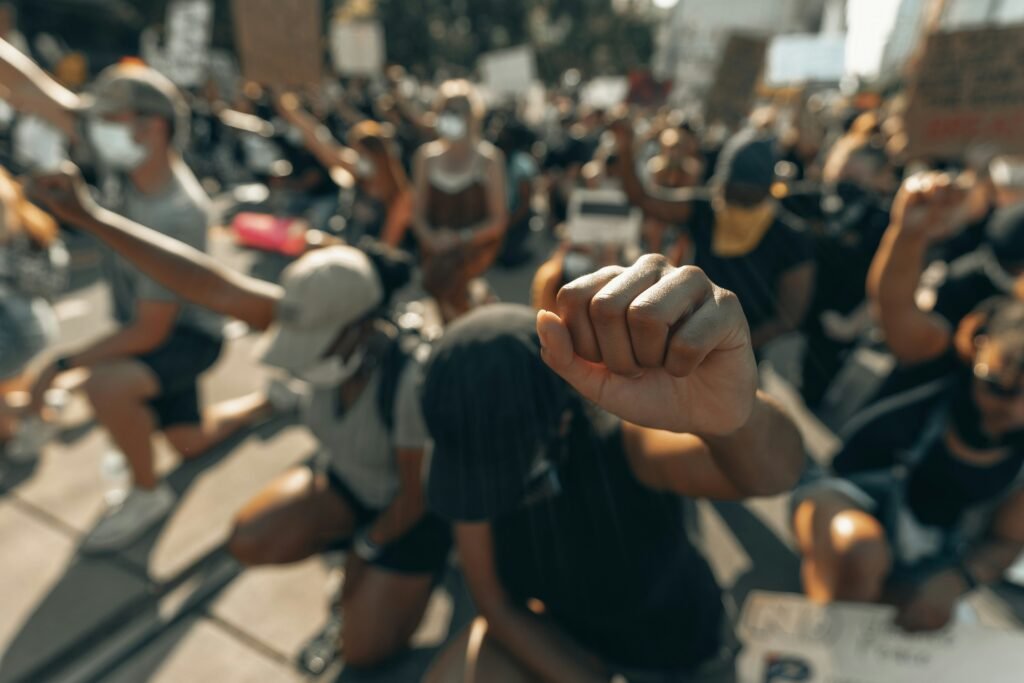
Youth Rights & Engagement
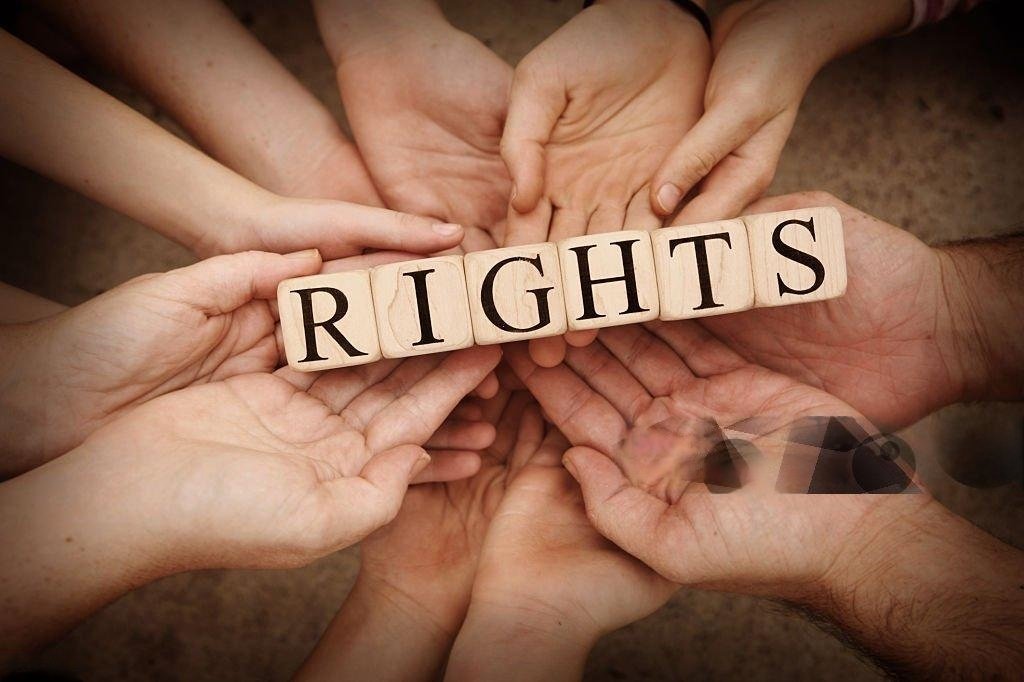
Empower youth to become active participants in their communities by
providing them with access to education, vocational training, and
leadership development opportunities that promote awareness of their
rights, including labor rights.
Advocate for youth involvement in decision-making processes, ensuring their voices are included in policies that impact their education, employment, and rights.
Develop platforms and networks for youth to collaborate, innovate,
and lead social change initiatives in areas such as human rights, labor
rights, environmental protection, and sustainable economic
development.
Human Rights
Promote and protect fundamental human rights for all individuals, with
a particular focus on vulnerable groups such as informal laborers,
women, minorities, and marginalised communities.
Develop programs that provide legal aid, counselling, and advocacy
services to help individuals know their rights, including their labor rights,
and support them to claim these rights.
Engage in international and local partnerships to strengthen the
implementation of human rights policies, aligning them with global
frameworks such as the Sustainable Development Goals (SDGs).

Human Rights in Business
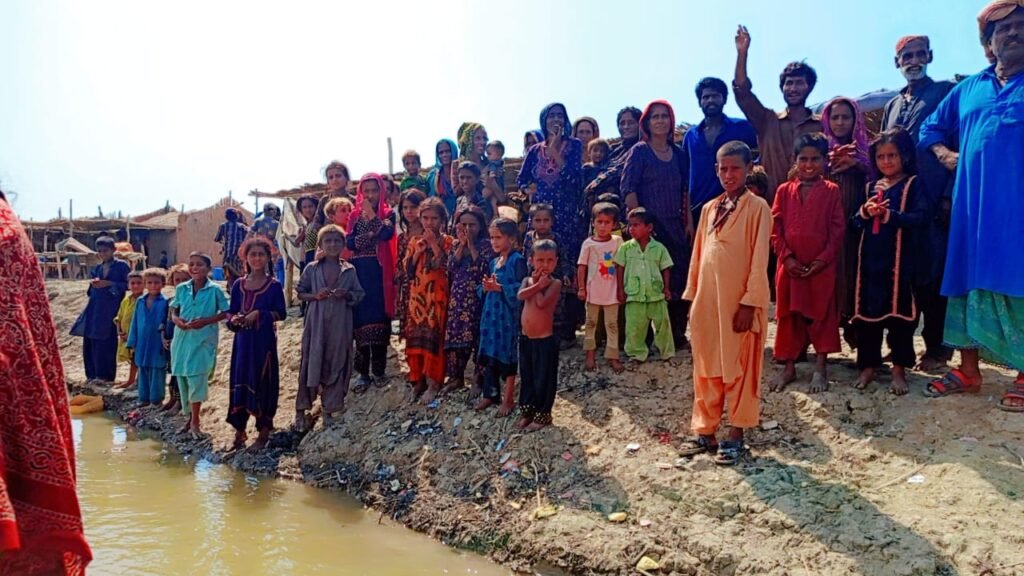
Advocate for businesses to uphold international labor standards,
ensuring safe, fair, and dignified working conditions for employees,
including those in informal and corporate sectors.
Collaborate with businesses to implement corporate social
responsibility (CSR) practices that protect workers’ rights, promote fair
wages, and ensure ethical supply chains free from exploitation or
forced labor.
Educate businesses and workers about their respective rights and
responsibilities, fostering a culture of accountability and transparency
in the workplace.
Promote sustainable business models that integrate environmental
responsibility and labor rights compliance, supporting both economic
growth and human rights.
Education
Ensure access to quality education for all, with a focus on marginalized
groups such as children and youth in informal labor sectors and
women in underprivileged areas, providing pathways for lifelong
learning and personal development.
Develop and implement educational programs that combine formal
and informal learning, including literacy initiatives, vocational training,
and digital skills programs, preparing individuals for secure and
sustainable livelihoods.
Integrate labor rights education, civic responsibility, and climate
change awareness into school curricula and community-based
learning programs, promoting holistic development and informed
citizenship.
Collaborate with public and private sectors to expand educational
resources and support initiatives that connect labor rights and
sustainable development goals.
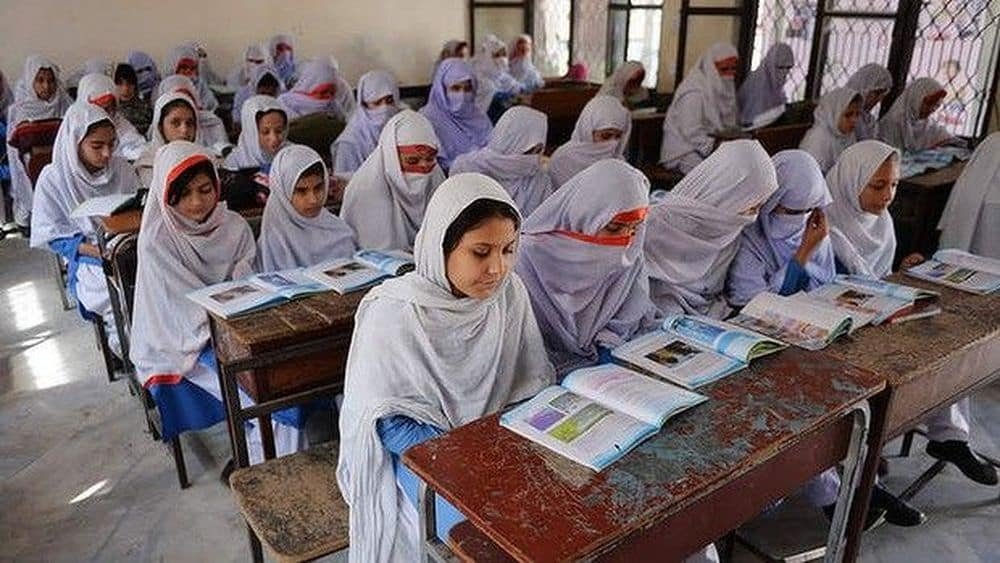
Climate Change & Environment

Educating agricultural workers and communities about sustainable farming practices to mitigate the effects of climate change, and promoting eco-friendly methods that enhance productivity and livelihoods.
Providing brick kiln workers and other laborers with training on
environmentally sustainable technologies and safety measures, reducing emissions and improving health and working conditions.
Engaging both workers and youth in environmental projects, such as a
forestation campaigns, and incorporating educational elements to promote awareness and hands-on learning experiences.
Collaborating with partners to develop policies and programs that address the intersection of labor, environment, and education, ensuring that economic growth is balanced with environmental conservation and
sustainable development.
